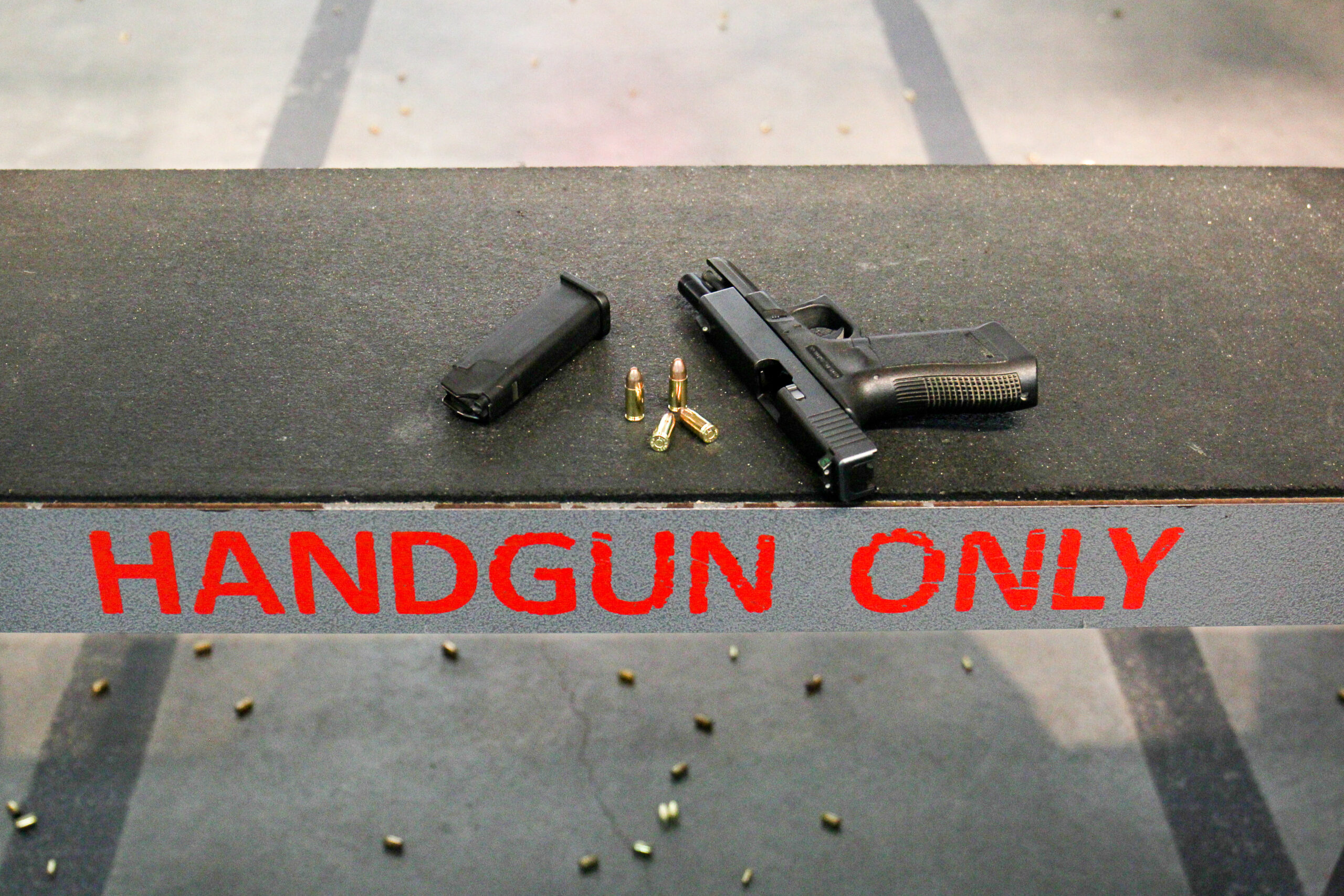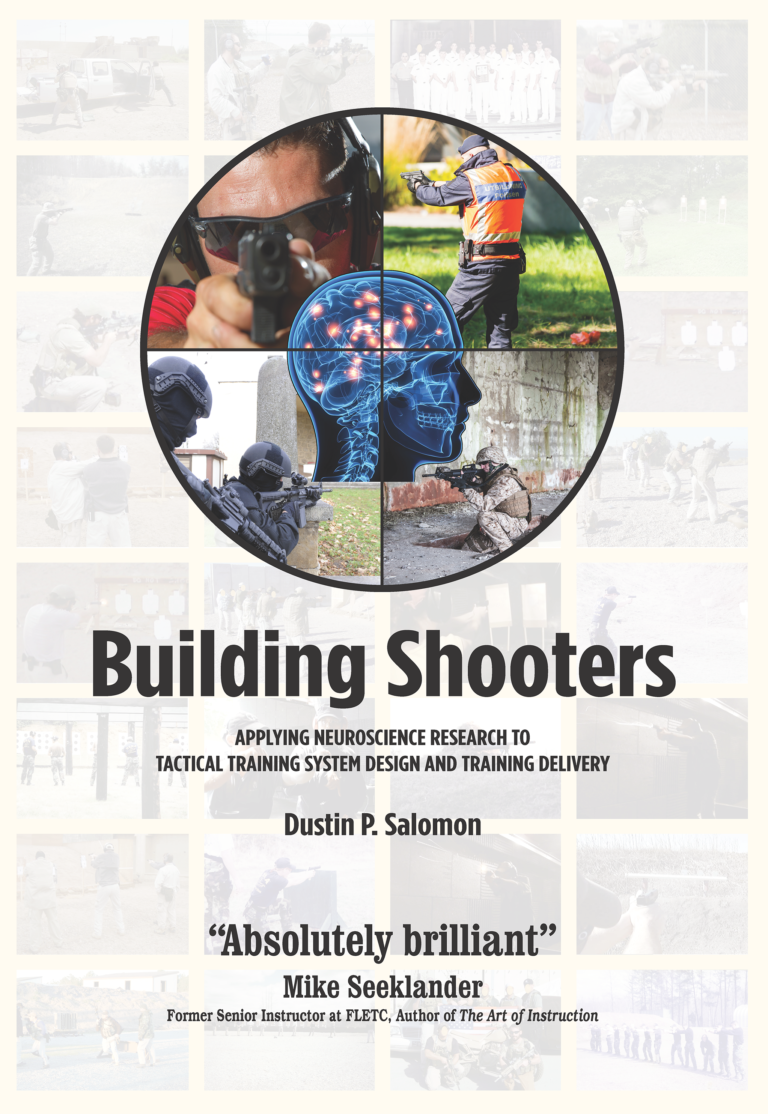“It is hard to fill a cup that is already full.”
– Mo’at, Tsahik of the Omatikaya Clan from James Cameron’s Avatar
“You’re ignorant.”
If somebody says that to you, how do you take it? Do you consider it an insult? If you do, you’re certainly not alone. We’d venture to guess that most people do. If social media interactions are any indication, it’s certainly a commonly used slur in virtually any argument.
We understand the surface level interactions this term has with personal ego—but let us look a little deeper.
Here’s a question: why is ignorance embarrassing?
Seriously, why?
Here’s a fun fact: you’re ignorant. We are too.
Are you versed on the implications of string theory with respect to mankind’s understanding of the space-time continuum? What about the array of visual neural input systems and their respective feedback loops? Half-lives of the various uranium isotopes? Differing valence electron activity during state change between solids that are crystalline and those that are not? Volume calculations and schedule development for the volumetric well control method? How about pre-Renaissance Italian poetry or the mating patterns of the African acestophanus kaokoanus beetle?
You get the point. All of us are ignorant. It’s not a question of if; it’s simply a question of the subject matter.
So, why then do we still treat ignorance like a contagious disease and hurl the term around as an insult?
Allow us to suggest that we should not. Further allow us to suggest that, as instructors, we really should not. In fact, as instructors we should cherish encountering ignorance in not only others, but also in ourselves. Ignorance is nothing more than a learning opportunity; take it or leave it. As instructors, we should all be life-long students first. As such, one could say that a state of ignorance is our wheelhouse. Addressing it is what good instructors do—from both sides of the coin.
At BUILDING SHOOTERS we generally find little productive value in parsing and arguing over specific words or terms (though they do occasionally make for good click-bait), so let’s not do that here. What’s important isn’t the term itself, it’s the concept that we are attempting to discuss here, which is that changing our perceptions (especially as instructors or mentors) of people who we encounter that don’t seem to know anything (at least about the subject matter that is important to us) is a valuable cultural shift that is worth making.
What would you do if you encountered someone discussing a fully automatic, forty-five caliber revolver assault weapon with a five-hundred round clip that shoots at a rate of one-thousand, flesh-ripping rounds per second? The example is extreme by design (though unfortunately not too far off-base at times); however, stop and think about it.
What’s your instinctive reaction? How would this reaction (to include facial expressions) affect the subsequent interactions that you have with a person who said this?
What if this person was actually willing to learn something— perhaps even a potential student? (Sometimes you’d be surprised.) How will your instinctive reaction to their display of ignorance shape their ability to learn—to correct their current state of ignorance? How will it affect your ability to facilitate learning?
When teaching brand-new students—folks who have never before held a firearm—it’s sometimes shocking to experienced shooters (us included) to realize how little they know about firearms, shooting, tactics, and many of the other things that most readers of this article have spent their lives studying. Unfortunately, sometimes this initial reaction often gives way to judgment—which is all too often clearly displayed.
Even more unfortunately, this helps no one.
We advocate for a different approach. Let’s not judge ignorance, especially when it’s simply that—not a byproduct of arrogance and mindless, dogmatic ideology. Instead, let’s recognize it for what it is. Succinctly, it’s a lack of acute knowledge which can be easily corrected. Let’s then commit ourselves to putting in the effort to correct that ignorance, should there be a desire to do so on the part of the student.
Let’s also not judge the lack knowledge or the lack of desire to learn (at least outside of professional circles)—certainly let’s not ridicule people for it. How much desire does any reader of this article possess with respect to correcting their own personal ignorance regarding the mating patterns of obscure African beetles?
If somebody combines arrogance and ignorance together into a package that’s used to influence others, that’s one thing. However, if someone simply chooses to remain ignorant regarding subject matter that is important to you, then that is their choice–not necessarily an unreasonable choice. At least the offer to help was made.
Instead of judging, let’s instead start looking at ignorance as a net positive—a gift if you will. Rather than an indicator of a person’s worth and intelligence, let’s start viewing ignorance as a potential learning opportunity.

